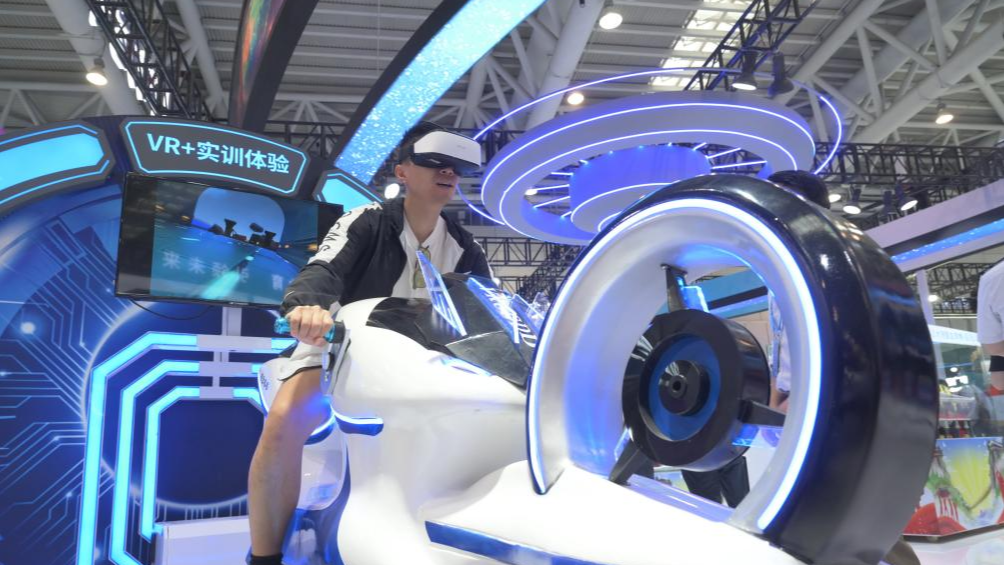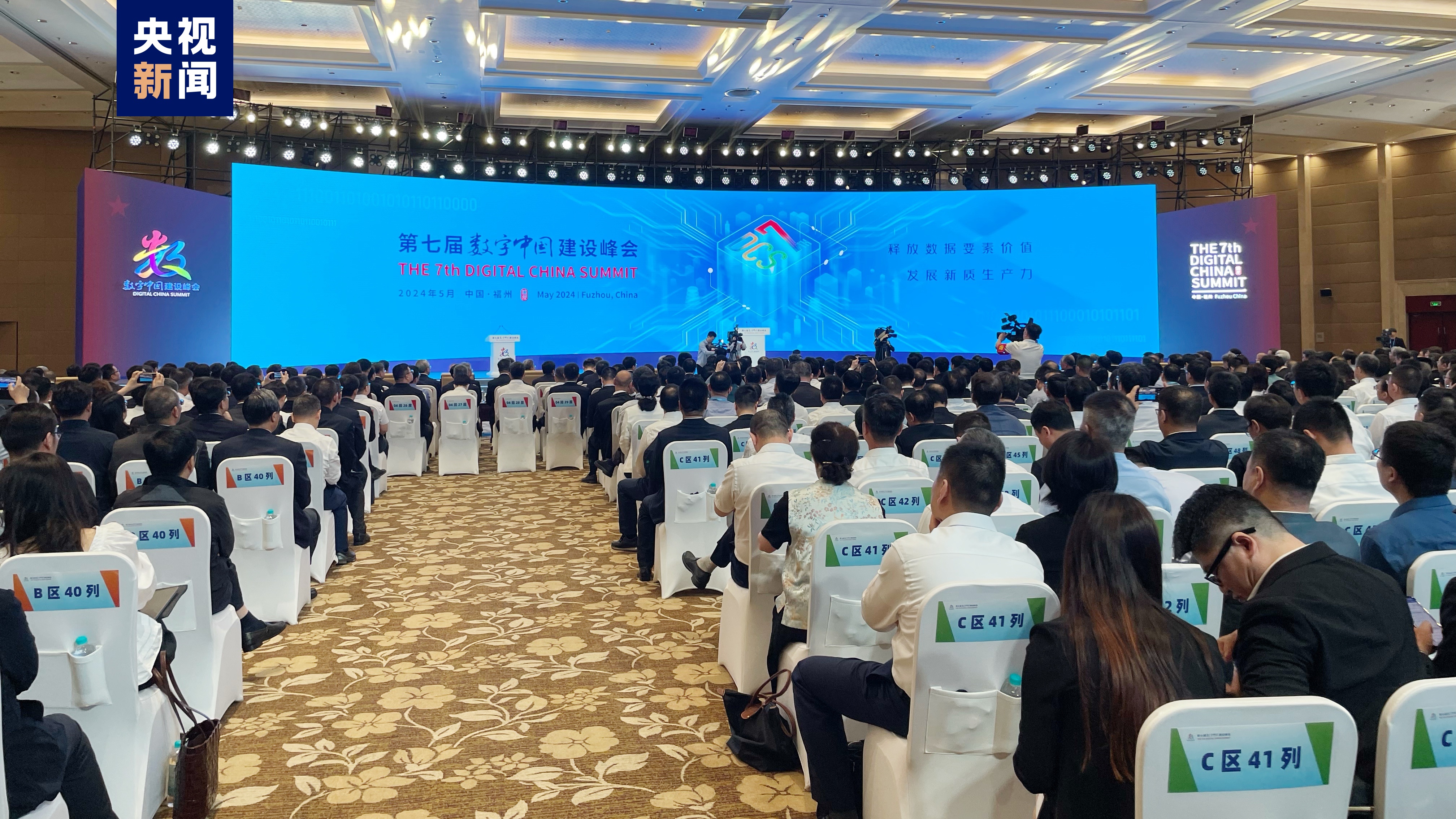BEIJING: China’s digital economy has experienced significant growth in recent years, driving the nation’s pursuit of high-quality development, with a new report revealing that its advancements in digital technology have propelled it to become the world’s second-largest computing power.
The country’s digital infrastructure has greatly improved, with the scale of computing power reaching 230 EFLOPS in 2023, ranking second in the world, according to the report on the development of digital China released by the National Data Administration at the 7th Digital China Summit (DCS) in Fuzhou, southeast China’s Fujian Province, on May 24.
Figures in the report show that China reached the target set in the plan to facilitate the development of the digital economy in the 14th Five-Year Plan period (2021-2025) two years ahead of schedule. The plan, rolled out by the State Council in 2022, aimed to raise the proportion of value-added output of core digital economy industries in its GDP to 10 percent by 2025, up from 7.8 percent in 2020.
In addition, the country’s value-added output of core industries in the digital economy reached 10 percent of its total gross domestic product (GDP) in 2023.

A visitor experiences a motion-sensing VR game at the on-site experience area for the 7th Digital China Summit in Fuzhou City, southeast China’s Fujian Province, May 23, 2024.
Digital development, ecological civilization
By the end of last year, the scale of China’s computing power across more than 2,200 computing centers nationwide had grown by approximately 30 percent year on year. The demand for computing power for large model training also surged in the the scientific, governmental, financial and industrial sectors, according to the report.
In terms of data production, China generated 32.85 zettabytes of data last year, up 22.44 percent year on year, as the country experienced explosive growth in unstructured data production during the period.
The rapid development of 5G and AI technologies, along with the widespread use of smart devices, contributed significantly to the increase in total data volume through content creation and audiovisual media, according to the report.
In terms of data storage, the country’s cumulative data storage volume reached 1.73 zettabytes in 2023, with its storage space utilization rate climbing to 59 percent.
Digital technologies have increasingly been integrated into various areas of economic and social development in China, promoting the accelerated formation of new quality productive forces.
The scale of China’s intelligent manufacturing equipment industry has exceeded 3.2 trillion yuan (about $450 billion), with 421 national-level demonstration factories cultivated. Technologies such as artificial intelligence and digital twins are applied in over 90 percent of these demonstration factories, according to the Ministry of Industry and Information Technology.
Data shows that 570 million Chinese people engaged in digital reading last year, and electronic social security card users accounted for more than 70 percent of the total population by the end of March this year.

The 7th Digital China Summit (DCS) opens at Fuzhou Strait International Conference and Exhibition Center in Fuzhou City, southeast China’s Fujian Province, May 24, 2024.
Digital China Summit
The 7th DCS featured an accessible 5.5G network with over 100 interactive experiences, including a UHD naked-eye 3D screen, humanoid robots and AI robot baristas, promising to captivate a global audience.
The two-day summit, the first after the optimization of China’s national data work system, focused on “unlocking the value of data and developing new quality productivity.”
Spanning a 56,000-square-meter live experience area, the summit featured a central forum alongside over 10 breakout sessions, showcasing the latest advancements in the construction of digital China.
Guo Yefeng, a staff member of the 7th DCS, told China Media Group (CMG) that there were more immersive application scenarios this year, as people are increasingly concerned about AI application in daily lives. The summit organization committee also set up 45 experience spots for digital application scenarios across Fuzhou for people to see and feel the latest smart achievements in the city.





















